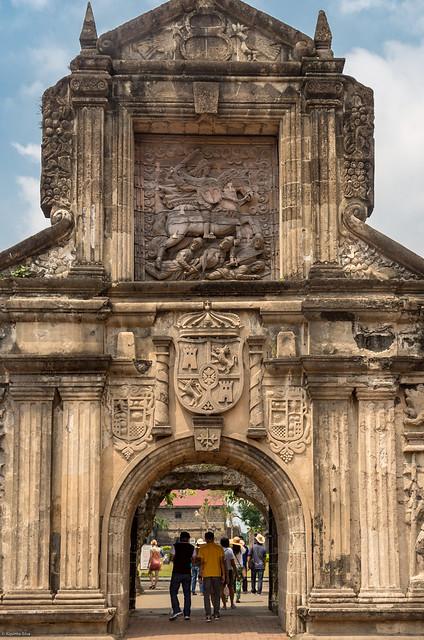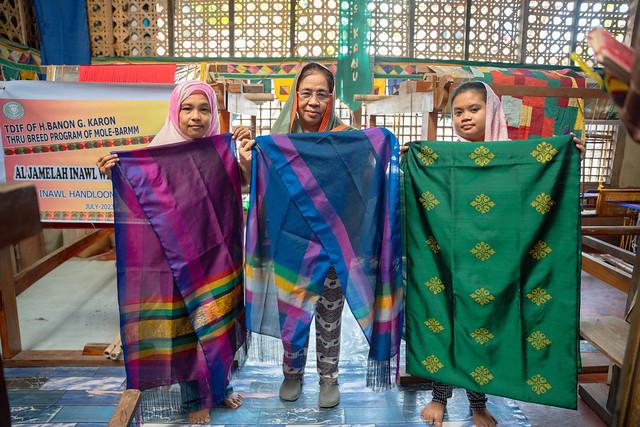
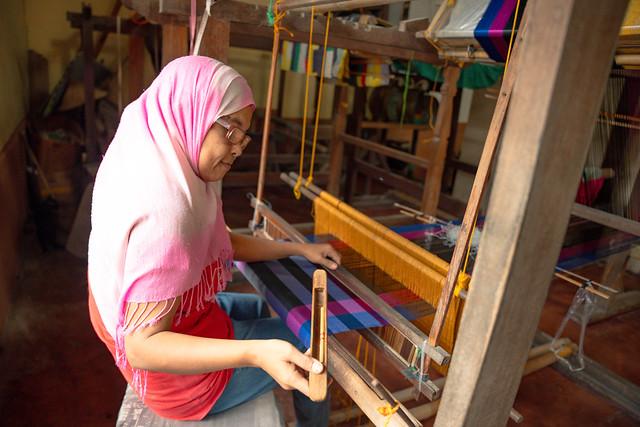
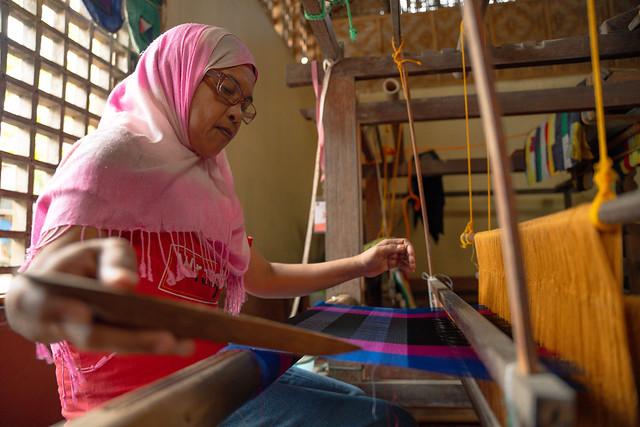
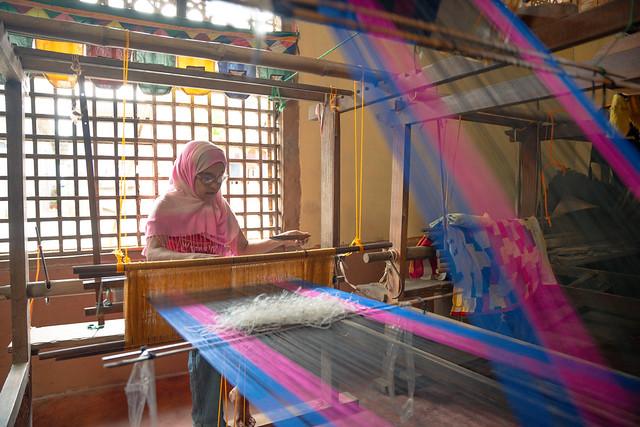
Cotabato City
Overview
Cultural Diversity
Cotabato City, situated in the heart of Mindanao, is a vibrant tapestry of cultures, reflecting the rich heritage of its predominantly Muslim population alongside various Christian communities. The atmosphere is a fusion of traditions, where you can witness colorful festivals like the Kalilang Festival, celebrating the local culture with lively street dances, traditional music, and sumptuous food. Visitors can immerse themselves in the local customs, observing the unique practices of the Maguindanaoan people, known for their intricate weavings and traditional martial arts, which add to the city’s cultural richness.
Historical Significance
The city has a profound historical significance as it has been a center of trade and culture for centuries. Cotabato was once the seat of the Sultanate of Maguindanao, which played a crucial role in the region’s history and politics. The remnants of this legacy can be seen in the majestic Old Cotabato City Hall and the Grand Mosque, also known as the Sultan Hassanal Bolkiah Mosque, which is one of the largest mosques in the Philippines. These landmarks not only reflect the architectural beauty of the region but also serve as a reminder of the city’s rich past and its importance as a crossroads of cultures and religions.
Natural Beauty
Cotabato City is enveloped by stunning natural landscapes, characterized by lush mountains and flowing rivers. The nearby Mount Iglit-Baco National Park offers opportunities for adventure, including hiking, bird watching, and exploring diverse flora and fauna. The scenic beauty of the surrounding areas provides a peaceful escape from urban life, allowing travelers to connect with nature. Additionally, the Rio Grande de Mindanao, the longest river in the Philippines, flows through the city, offering picturesque views and a chance to engage in river-based activities.
Local Cuisine
No visit to Cotabato City would be complete without sampling the local cuisine, which is a delightful blend of flavors influenced by both Muslim and Christian culinary traditions. Street food stalls and local eateries serve mouthwatering dishes such as Pastil (a rice dish wrapped in banana leaves) and Satti (skewered meats served with a spicy sauce). The city is also known for its fresh fruits and vegetables, particularly the sweet Durian, which is a must-try for adventurous foodies. Dining in Cotabato City is not just about the food; it’s an experience that immerses you in the local way of life.
Community Spirit
The warmth and hospitality of Cotabato City's residents create an inviting atmosphere for travelers. The local community is known for its strong sense of identity and pride in their heritage. Engaging with locals can provide insights into their daily lives, traditions, and beliefs. Markets are bustling with activity, where vendors sell everything from handicrafts to fresh produce, allowing visitors to experience the daily rhythm of life in the city. The spirit of camaraderie is palpable, making it easy to feel welcomed and connected to the culture.
Accessibility and Local Transport
Getting around Cotabato City is relatively straightforward, with various transportation options available. Jeepneys, a popular mode of public transport, are an affordable and colorful way to navigate the city. Tricycles are another common sight, providing convenient rides for shorter distances. For those looking to explore the surrounding areas, renting a motorbike or hiring a local guide can enhance the experience, allowing travelers to venture off the beaten path and discover hidden gems.
Cotabato City is a destination that offers a unique blend of history, culture, and natural beauty, making it an intriguing stop for foreign travelers seeking to explore the diverse landscape of the Philippines.
Other towns or cities you may like in Philippines
Explore other cities that share similar charm and attractions.





